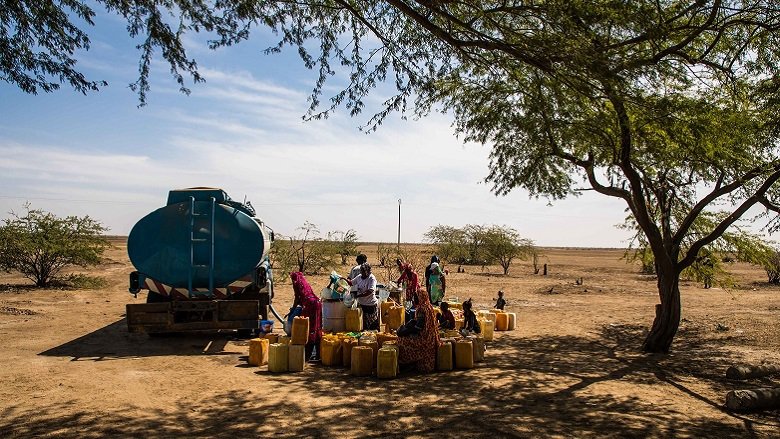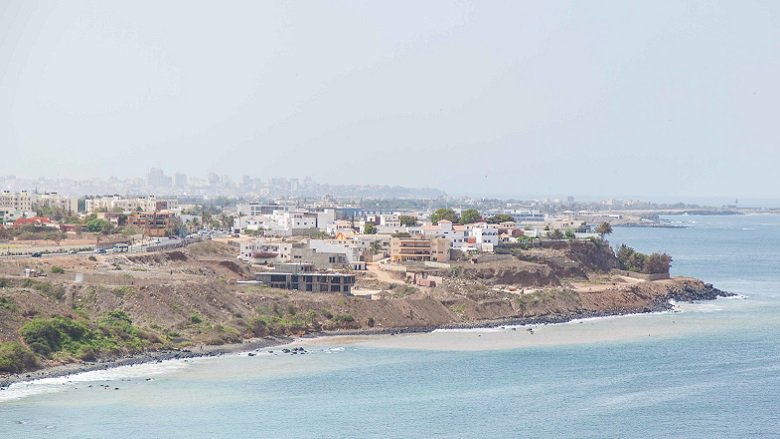Nestled on the Cap-Vert peninsula along Senegal’s Atlantic coast, Dakar is one of Africa’s most beautiful and vibrant cities. But like many cities impacted by rapid population growth and a changing climate, Dakar could face a future without enough water for all. A new World Bank report warns that Senegal urgently needs to prioritize water security or face serious constraints on economic growth, with Greater Dakar particularly at risk.
These findings do not come as a surprise – Dakar has been hit by water stress and shortages for the past decade. In response, the city has shown it is prepared to be innovative. With the help of partners and an operating model that delegates urban water supply and sanitation to the private sector, Dakar is working to keep up with growth. It recently began moving to a more holistic way of managing and reusing its water and sanitation resources while encouraging water demand management through the reduction of water losses. Treated wastewater now irrigates some of the country’s most productive farmlands on the outskirts of the city. Byproducts of the sanitation system are being repurposed as fertilizer for farmers’ fields, and biogas is powering a wastewater treatment plant, saving resources and money.
Dakar recently began moving to a more holistic way of managing and reusing its water and sanitation resources while encouraging water demand management through the reduction of water losses.
Like Dakar, a growing number of cities in developing countries are adopting more sustainable practices that create a virtuous cycle of use and reuse. Such practices are the building blocks of a in which water, energy and other resources are managed sustainably, waste and pollution are reduced, and the environment is preserved. With climate change already exacerbating pre-existing water issues in cities, a new initiative at the World Bank Water Global Practice is supporting countries to adopt circular economy practices and build resilience for the water sector.
, for example, is tackling a decades-long sewage pollution problem in its rivers and estuaries by focusing on all the elements of safe sanitation – from improving infrastructure and the sewerage network, to ensuring the poor have coverage and customers can effectively connect to the network. Water quality is monitored upstream of the city, and river basin planning is used to better understand water quality stressors. Two new plants will treat wastewater and transform biogas from sewage sludge digestion into enough electricity to meet 35-40% of the plants’ needs.
responded to the need for more water amid rapid industrial and population growth by becoming more circular and resilient. It mandated rainwater harvesting and became the first city in India to reuse 10% of collected wastewater, with plans to achieve a reuse rate of 75%. As part of this effort, the Chennai Metropolitan Water Supply and Sewerage Board (CMWSSB) sells treated wastewater to industrial users and with the additional revenues, it can cover all operating and maintenance costs. CMWSSB is the only utility in the country with two large-scale desalination plants. The utility is also recovering energy from wastewater in more than half of its wastewater treatment plants and is preparing to sell most of the biosolids created by the process as manure for agricultural land.





